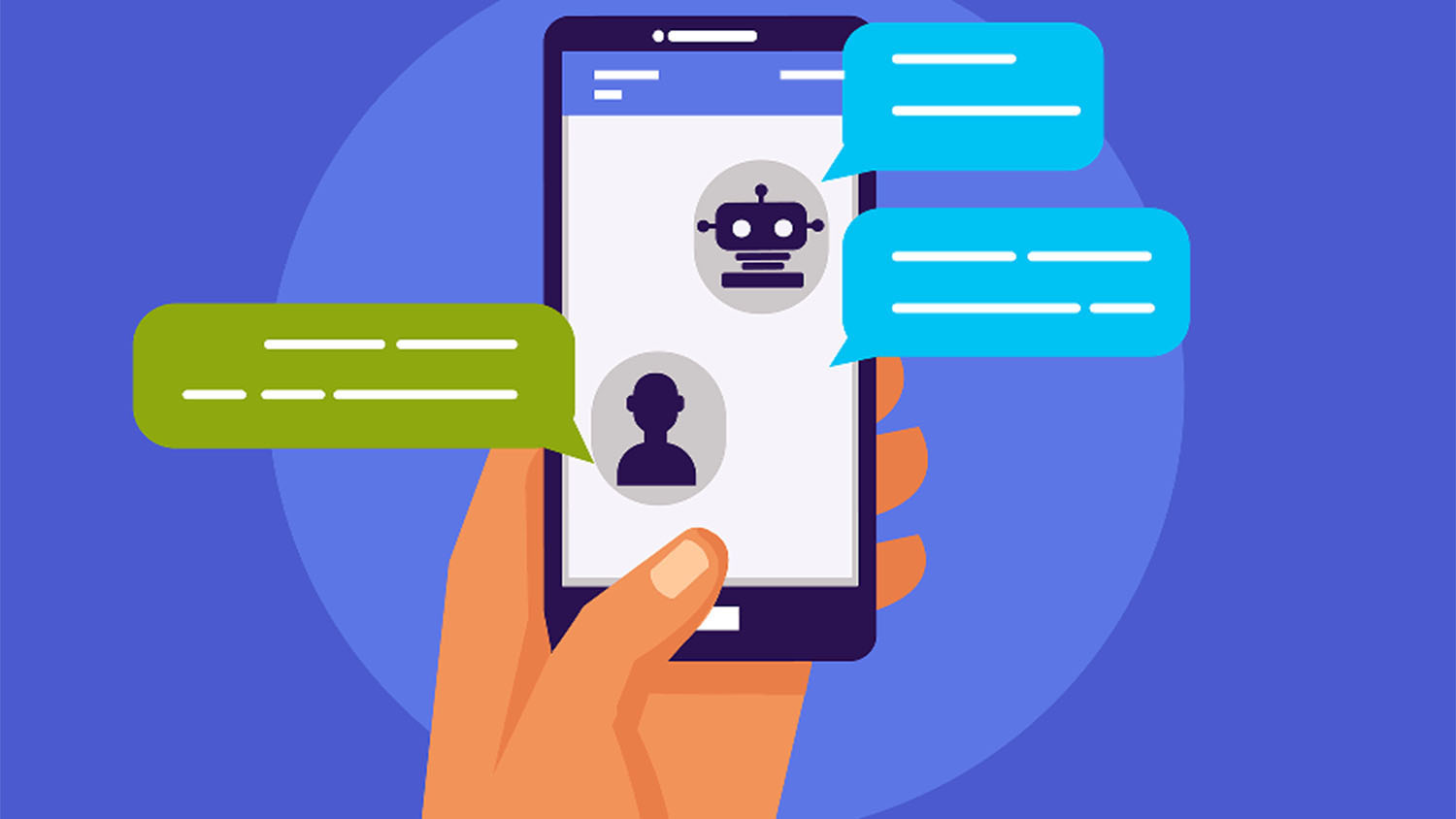For Immediate Release
A recent study has identified four factors that predict user satisfaction with customer service chatbots. The study also found that a positive chatbot experience was associated with customer loyalty, highlighting the potential importance of the findings to corporate brands.
“Chatbots that use artificial intelligence to address customer needs are already in widespread use, and are expected to become even more common over the next few years,” says Yang Cheng, corresponding author of the study and an assistant professor of communication at North Carolina State University. “We wanted to know how these chatbots are affecting the user experience and how they affect the way consumers feel about brands.”
For this study, researchers conducted a survey of 1,064 consumers in the United States who had used a chatbot from at least one of the 30 U.S. brands with the most highly regarded chatbot services. These brands represent industries ranging from fashion to food to software.
The researchers found there were four attributes that positively predicted user satisfaction with a chatbot.
“The most powerful predictor was convenience,” Cheng says. “If people thought chatbots were fast and efficient, they were more likely to be satisfied. I can sympathize with those people – I hate talking to customer service and being transferred from one person to another.”
The other attributes associated with customer satisfaction were:
- Information: if the chatbot provided information that was useful and relevant to the user;
- Entertainment: if interacting with the chatbot was pleasant or fun; and
- Social Presence: if the chatbot made users feel like they were interacting with an intelligent being.
But one factor was associated with reduced customer satisfaction: perceived privacy risk.
Specifically, if users felt that the information they were sharing with the chatbot could be misused, they were more likely to report being dissatisfied with the chatbot service.
“Companies need to pay attention to these results as they invest in AI-driven chatbot services,” Cheng says. “Because we also found that a customer’s satisfaction with their chatbot experience was associated with the customer’s loyalty toward the relevant brand.
“This really highlights the importance of taking steps to protect consumer data – and ensuring that chatbot services are convenient, fun and helpful.”
The paper, “How Do AI-driven Chatbots Impact User Experience? Examining Gratifications, Perceived Privacy Risk, Satisfaction, Loyalty, and Continued Use,” appears in the Journal of Broadcasting & Electronic Media. The paper was co-authored by Hua Jiang of Syracuse University.
-shipman-
Note to Editors: The study abstract follows.
“How Do AI-driven Chatbots Impact User Experience? Examining Gratifications, Perceived Privacy Risk, Satisfaction, Loyalty, and Continued Use”
Authors: Yang Cheng, North Carolina State University; Hua Jiang, Syracuse University
Published: Dec. 7, Journal of Broadcasting & Electronic Media
DOI: 10.1080/08838151.2020.1834296
Abstract: This study examined how artificial intelligence (AI)-driven chatbots impact user experience. It collected survey data from 1,064 consumers who used any chatbot service from the top 30 brands in the U.S. Results indicated that utilitarian (information), hedonic (entertainment), technology (media appeal), and social (social presence) gratifications obtained from chatbot use positively predicted users’ satisfaction with chatbot services of their selected brand. In contrast, perceived privacy risk associated with chatbot use reduced user satisfaction. Data also demonstrated that user satisfaction positively affected both the continued use intention of chatbot services and customer loyalty. Implications of this study are discussed.



